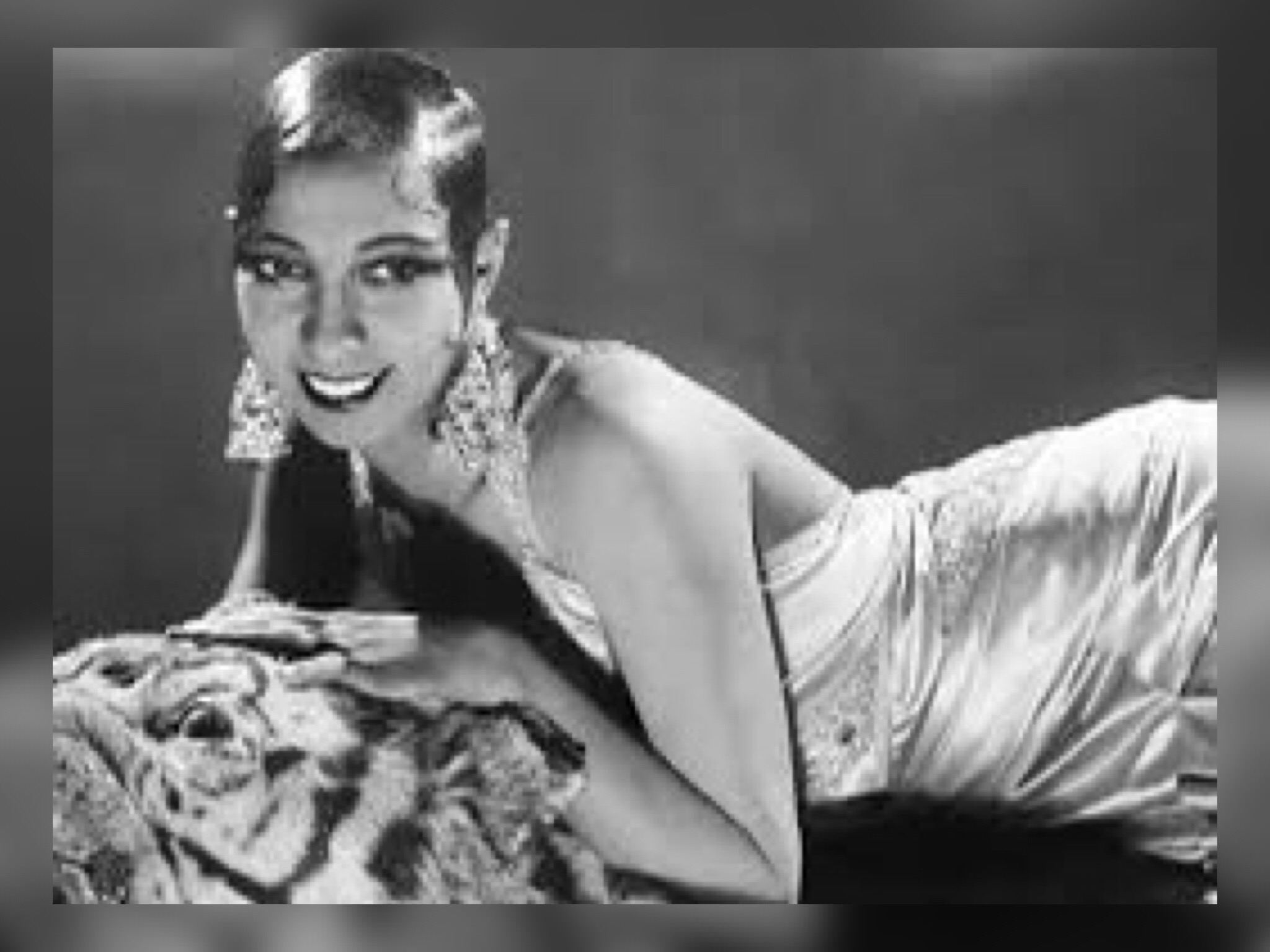It’s June 2018, a time when this blog takes pride in its perennial celebration of black musicians known the world over during Black Music Month.
But there’s another kind of pride being celebrated this month – one that is not often covered in this blog, but one that is certainly warranted.

June is also Gay Pride month in America, a time when millions of people – gay AND straight – celebrate love and inclusion, acknowledge the social and legal advances gained by LGBTQ+ people over the years (well, prior to 2017 anyway), and bring awareness to challenges still facing the gay community, ranging from health issues to the basic wish for acceptance, the end to discrimination and homophobia, and the ability to enjoy the same basic human rights that other people do.
It’s basically a time for acknowledging that, despite the many social gains for LGBTQ+ people over the years, America still has a long, long way to go when it comes to attitudes about homosexuality or gender identity (and race for that matter).
This week, djrobblog is honoring both Black Music Month and Pride with a rare tribute to those artists who fall into both groups. With it being 2018, what better way to celebrate than with a tribute to eighteen noteworthy musical artists who identify as gay, lesbian, bisexual, transgender or even “pansexual” in one case.

Much has been written about non-black gay musicians over the years – people like Dusty Springfield, Freddie Mercury, k.d. Lang, Melissa Etheridge, Sam Smith, George Michael, Barry Manilow and Sir Elton John, to name a few. Each of those acts have had their own struggles reconciling their sexual identity (or more accurately, dealing with society’s issues with their sexuality).
But some of them have since been exalted to hero status – especially by the white gay community – for their bravery and openness. In many cases, they’ve risked lower radio airplay and record sales in exchange for deciding to live their truths openly. In some cases, they’ve succeeded in raising awareness of gay issues and have even opened the minds of those who weren’t accepting previously.
But little space has been devoted to their black counterparts – artists who dared to come out and face even more dire consequences in a black music industry (and the larger black community in general) that is traditionally less accepting than whites of such alternative lifestyles.
Music is and, for the most part, always has been written and recorded using heterosexual norms as its backdrop. Nowhere is that more true than in the black community where R&B, for example, almost always depicts straight relationships in its music, and hip-hop has had, at best, a shaky relationship with gay issues.
Rarely then will a gay artist come out of the closet or create lyrics in a same-gender context for fear of being shunned by the very industry that is his or her livelihood. It’s an unfortunate but harsh reality that so many artists have faced since likely the beginning of recorded music.

Djrobblog recognizes that an article like this one will do little to change that paradigm, but at least it’s an effort to shine a spotlight where it’s not shone often enough and honor those who’ve made huge sacrifices while hoping to buck the odds.
What follows then is a tribute to 18 notable black LGBTQ+ artists who either lived their lives fully from the beginning or who eventually came out, despite the risks.
The number 18 is in no way a suggestion that there aren’t more gay or trans people worth commemorating, quite the contrary.
There are likely some names not on the list which you may find to be glaring in their omission. Out of respect for certain deceased artists and their wishes in life, those who were outed without proof (by other people) are not included here.
Nor is this meant to be an exposé on those closeted artists who are still with us.
Scroll through the following slide show (presented alphabetically) and hopefully you too will have a renewed appreciation for these artists, their struggles and their triumphs.
Oh, and most importantly, their contributions to black music!



Josephine was my great-aunt whom I never met, unfortunately. I have Jean-Claude’s book and talked to him by phone. My plan to meet him at the restaurant never materialized, due to his untimely death by suicide. Thank you for recognizing her.
Thank you, sir. The article was done with the utmost respect for Ms. Baker and all the other artists.
Excellent article. A few surprises for me (Baker, Holiday and Mathis). I didn’t know much about Ma Rainey or Bess. Although I’ve heard the names, I now have a new found respect for their bravery during those times. Lastly, not sure how Young M.A. could’ve disguised her sexuality from anyone but then again maybe she donned a different persona before embracing herself. Thanks for the read.
Thanks, Dean!